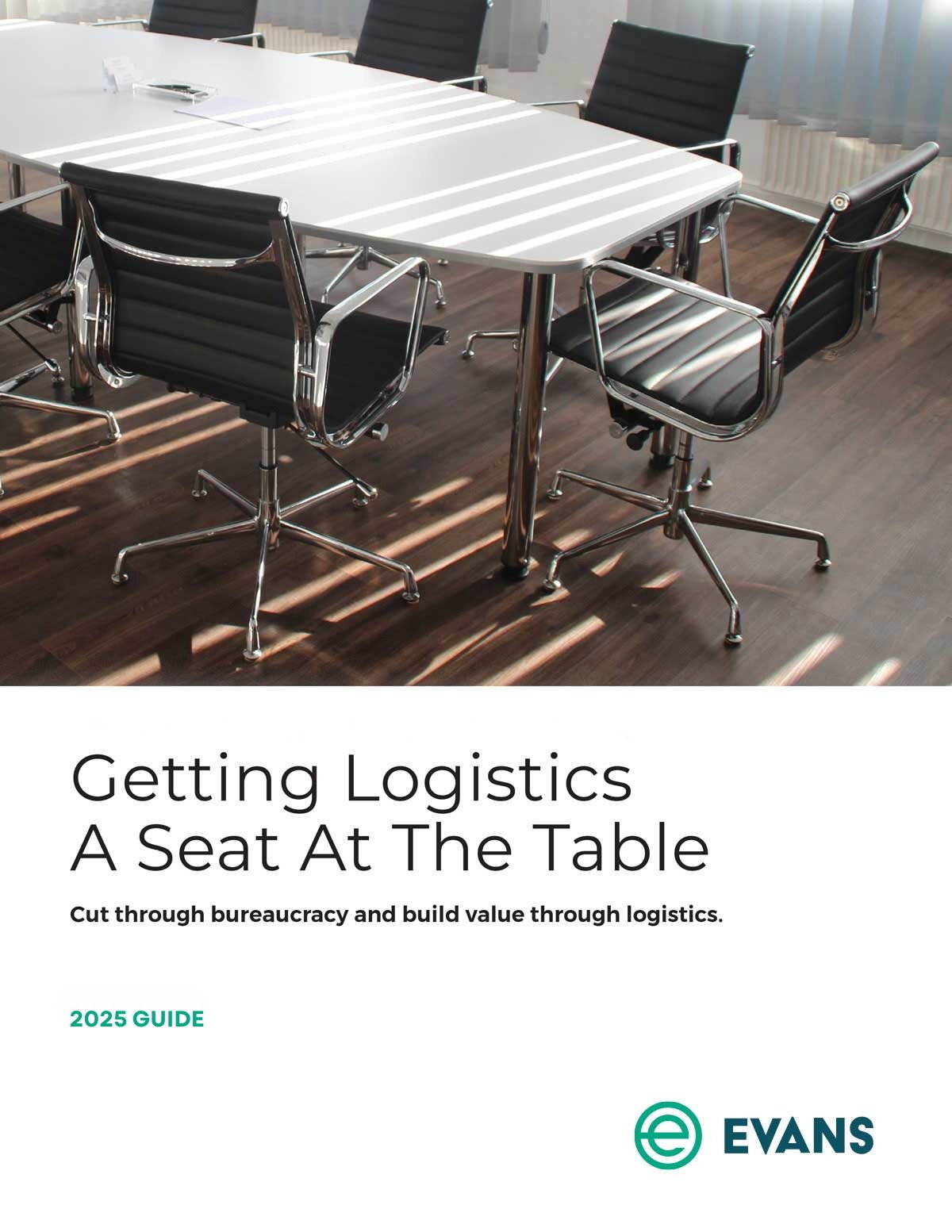Blockchain in freight: disruption or revolution?
Ready or not, blockchain is coming to the freight industry. A recent Morgan Stanley report, “Blockchain in Freight Transportation: Early Days Yet but Worth the Hype,” states that we can expect to see blockchain-enabled smart contracts available for use in this calendar year.
Morgan Stanley believes the revenue opportunity for blockchain in freight will reach a staggering $500 billion. But what exactly this technology will mean for the logistics industry remains to be seen.
Here’s an overview of blockchain and our predictions for what changes it could bring for freight transportation.
Blockchain & freight transportation — The basics
You’ve probably heard of blockchain in the cryptocurrency context, like Bitcoin. Since blockchain is so new, let’s take a moment to define it before diving into how it impacts freight transportation.
Blockchain is basically a database and ledger on steroids. It stores records of values and transactions in a secure, unalterable database. By creating these secure, unalterable records of contracts, blockchain could present a world in which we can capture every part of a transaction in a digital record.
Blockchain would track, verify, store, and share all aspects of every transaction. This takes a standard written contract to the next level by integrating all parts of the transaction into one system. As you can imagine, this integration into one database will eliminate a lot of the middle steps of a transaction.
Of note: with technologies like Bitcoin, blockchain offers an open, distributed ledger for public use. Morgan Stanley notes that one major difference in the transportation industry is that there will likely be a closed, private ledger for these transactions.
Blockchain in freight — Impacts on shippers
So what does all of this mean for freight transportation? Here are some of the potential benefits for the entire supply chain identified by the Blockchain in Transport Alliance.
Payments and pricing
The secure blockchain database makes payment processing and settlement information easily accessible. This will allow open access to historic payment records to determine rates.
Fraud detection and theft protection
Blockchain transactions are highly visible to everyone on the network and cannot be altered, virtually eliminating fraud. Blockchain can also include information on ID photos and rules for delivery and pickup. This creates a strong theft deterrent.

